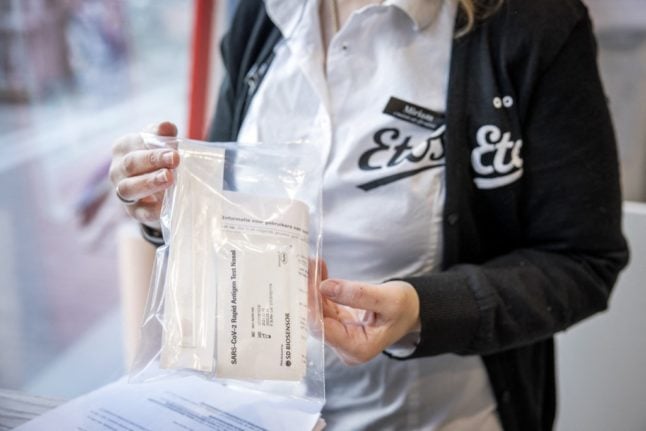The whole of the Netherlands, including its constituent countries and the overseas territories of the Kingdom of the Netherlands, is now deemed “at particularly high risk of infection due to a particularly high number of cases,” Germany’s public health body the Robert Koch Institute said.
This becomes effective from Tuesday, meaning that anyone who wants to enter Germany from the Netherlands after that time will need to show a negative Covid test that has been carried out 48 hours before entry at the earliest.
For commuters, a negative test is valid for 72 hours.
Anyone entering Germany from the Netherlands will also need to register on this website before they arrive. Those who are travelling through the country or who are staying for less than 24 hours don’t need to do this.
Those arriving from the Netherlands will also need to comply with Germany’s quarantine requirements: this includes a compulsory ten-day quarantine with the option to take a Covid test after five days and end the quarantine period early if this test is negative.
The Netherlands is the fourth country to border Germany – after Czech Republic, Poland and France – that Germany has qualified as an area of particularly high risk.
READ ALSO: UPDATE: Germany requires negative Covid test for travellers from France
According to the RKI, a country is designated as particularly high risk when it has more than 200 new infections per 100,000 residents within the last seven-day period.
The seven-day incidence rate in the Netherlands stands at just under 300 new infections per 100,000 residents, according to Statista.
According to data from Johns Hopkins University, the Netherlands registered 8,139 new infections on Saturday, 492 more than the previous day.
The Netherlands recently extended its lockdown and evening curfew until April 20th.
The country has been in lockdown since mid-December, while the curfew was put in place at the end of January.
Despite these restrictions, case numbers are continuing to increase as can be seen in the below chart from Our World in Data, which compares daily new case numbers in Germany and the Netherlands per million people.

Germany’s existing travel and safety advisories can be seen here.
The RKI did not make any other changes to the countries it classifies as areas of risk, high-incidence or virus variant of concern.



 Please whitelist us to continue reading.
Please whitelist us to continue reading.
Member comments